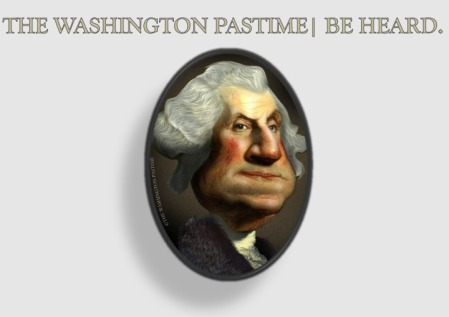Take a mental trip back to elementary school where you learned about the different types of writing. When I was in grade school, I remember separating fiction and non-fiction into “not true” and “true” categories respectively. The definition is not quite that simple—run a Google search now for “fiction” and there is virtually a limitless supply of information on the web about what constitutes as fiction, what fiction should be or what types of fiction there are.
Literary critics endlessly argue and theorize about “what the novel is” or “what makes fiction, fiction.” Therefore, there has never been a consensus on what fiction exactly is. One (simple) definition most critics and patrons of literature alike can agree on is that fiction is any writing that is not factual. It can range from the realistic and non-realistic to borderline non-fiction. While the traditional forms of fiction prevail (novels, short stories, plays, poetry, etc.), fiction now even includes film, comic books, graphic novels, computer and video games.
Fiction can be separated into three distinct categories: realistic fiction (while not actually true, the plot, setting, and characters are highly plausible), non-realistic fiction (events could not happen in real life, often involves the supernatural), and semi-fiction (fiction that implements a great deal of non-fiction, often reconstructed biographies).
No matter what type of fiction is your favorite to read or write, there are some core elements that usually appear throughout: plot, setting, character, and theme. These core elements can be fleshed out into an array of other literary techniques you may encounter—conflict and resolution, point of view, character development, symbolism, metaphors, analogies, similes, etc. All of these elements together are what separates fiction from the rest of the literary world.
The literary world as a whole is expanding and as a result, fiction need not be formulaic or boring. Exciting new genres of fiction are emerging and have been for some time—graphic novels, films, video games, fan fiction, blog fiction, propaganda, television series, radio programs, etc. With a broadening definition of fiction comes a slew of exciting reading and viewing opportunities.
Once you find your niche in fiction, it can be hard to crawl out of the comfortable hole you dug for yourself. With so many interesting and different opportunities, break out of your current mold and try something new and different. If you usually are a fan of science fiction, why not try a graphic novel? Do you find yourself gravitating towards poetry? You might consider giving fan fiction a try. You might just find your new favorite genre and author.




